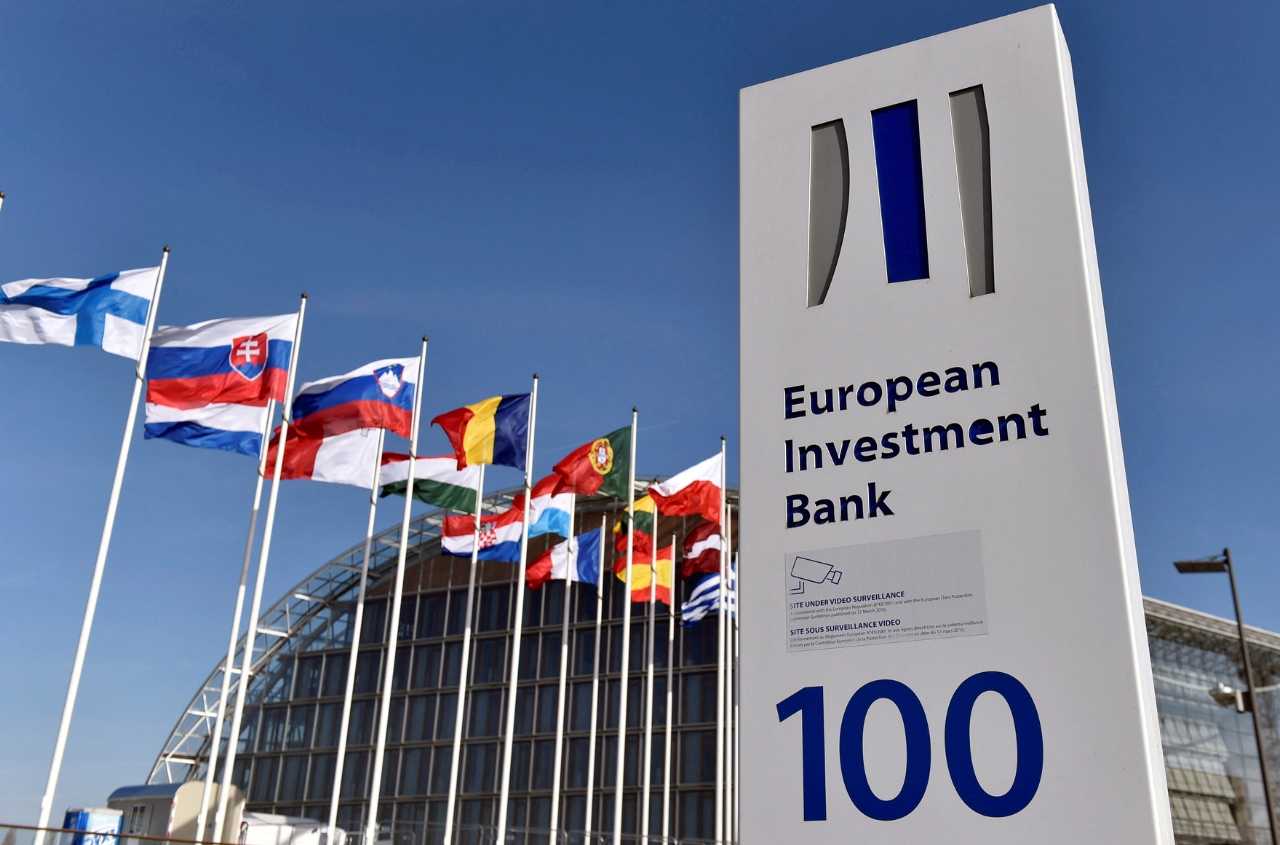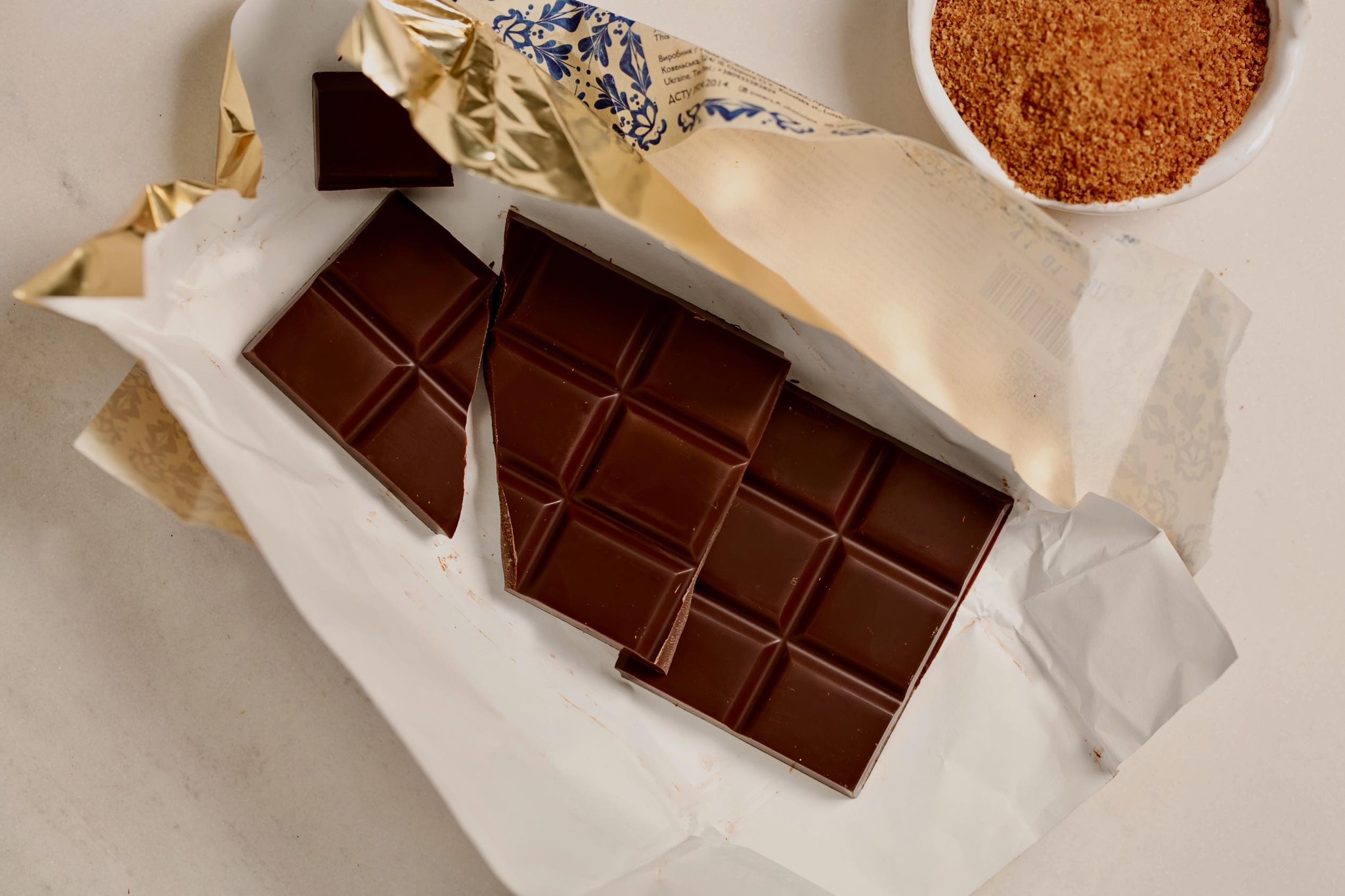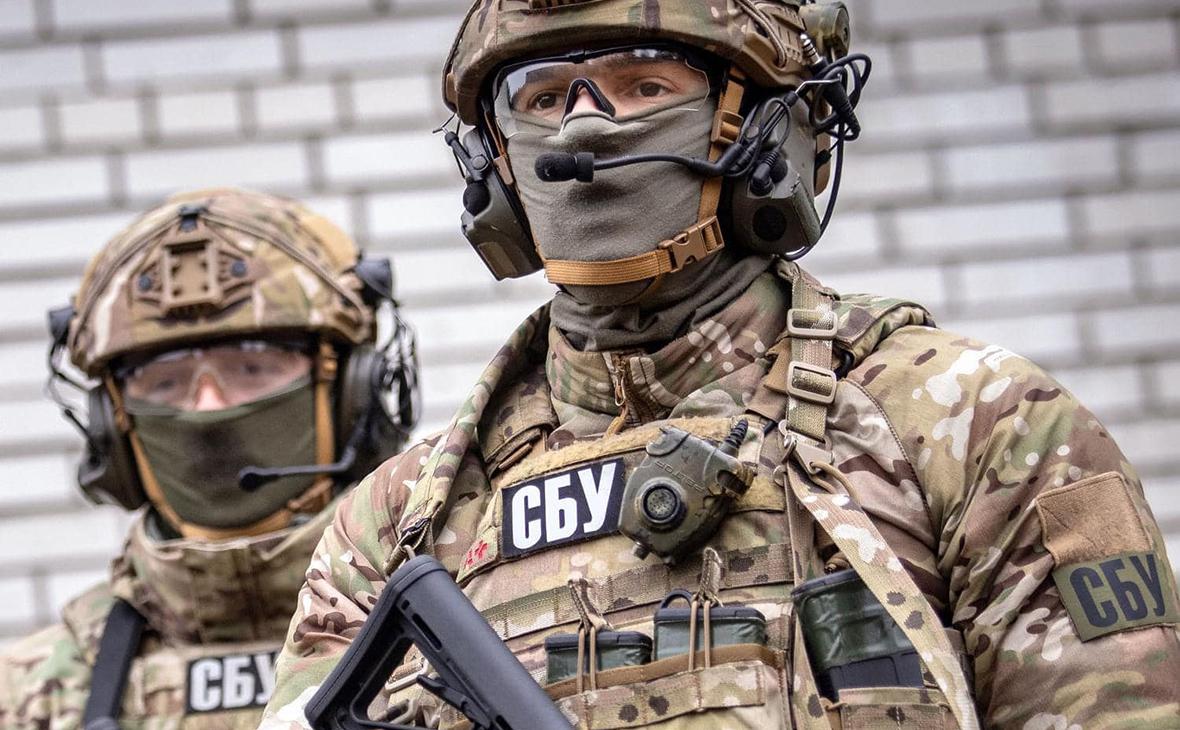On November 4, the SpaceX-31 rocket was launched from the Cape Canaveral Spaceport in Florida, USA, carrying an experimental development by students from Lviv region. The team from the Stefania Vitryk Lyceum in Skole won the Ukrainian school space experiment competition, SSEP, in December 2023. Typically, the winners have the opportunity to send their mini-laboratories for microgravity research aboard the SpaceX Dragon spacecraft to the International Space Station (ISS), according to the Ukrainian Academy of Sciences.
The students, members of the Junior Academy of Sciences of Ukraine, conducted an experiment titled "Production of Biomedical Hydrogels in Microgravity Conditions."
The project idea came to the Ukrainian students after learning about the discovery by chemists at Lviv Polytechnic University of a unique method for producing hydrogels.
"We learned about the discovery made by the chemists at Lviv Polytechnic, who patented a unique method for producing hydrogels. These hydrogels are made from organic chains linked by physical and chemical interactions, forming a network with water or other hydrophilic substances in the pores. These substances have the ability to absorb water-soluble compounds and form films, so they are already used in various fields on Earth," said the project participants.
In space, hydrogels can serve various functions, such as controlled drug delivery systems, substrates for growing cells or plants, desiccants, hydrogel membranes, moisture sensors, and can even stop bleeding and promote wound healing.
The Junior Academy of Sciences joined the SSEP program in 2021. Previously, participation in SSEP missions was only available to students from the United States. Now, for the third time, the Junior Academy's project has flown into space.





















